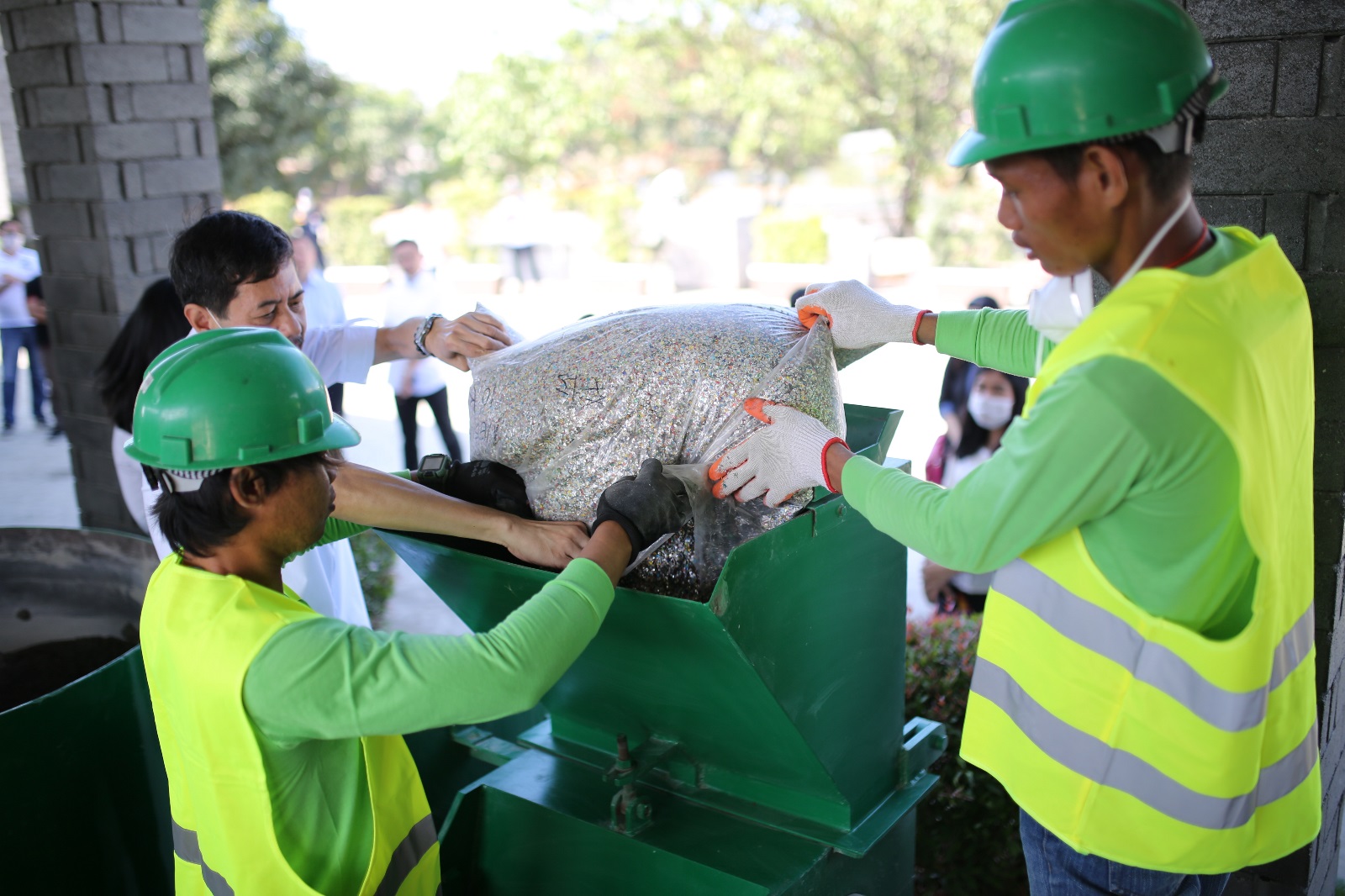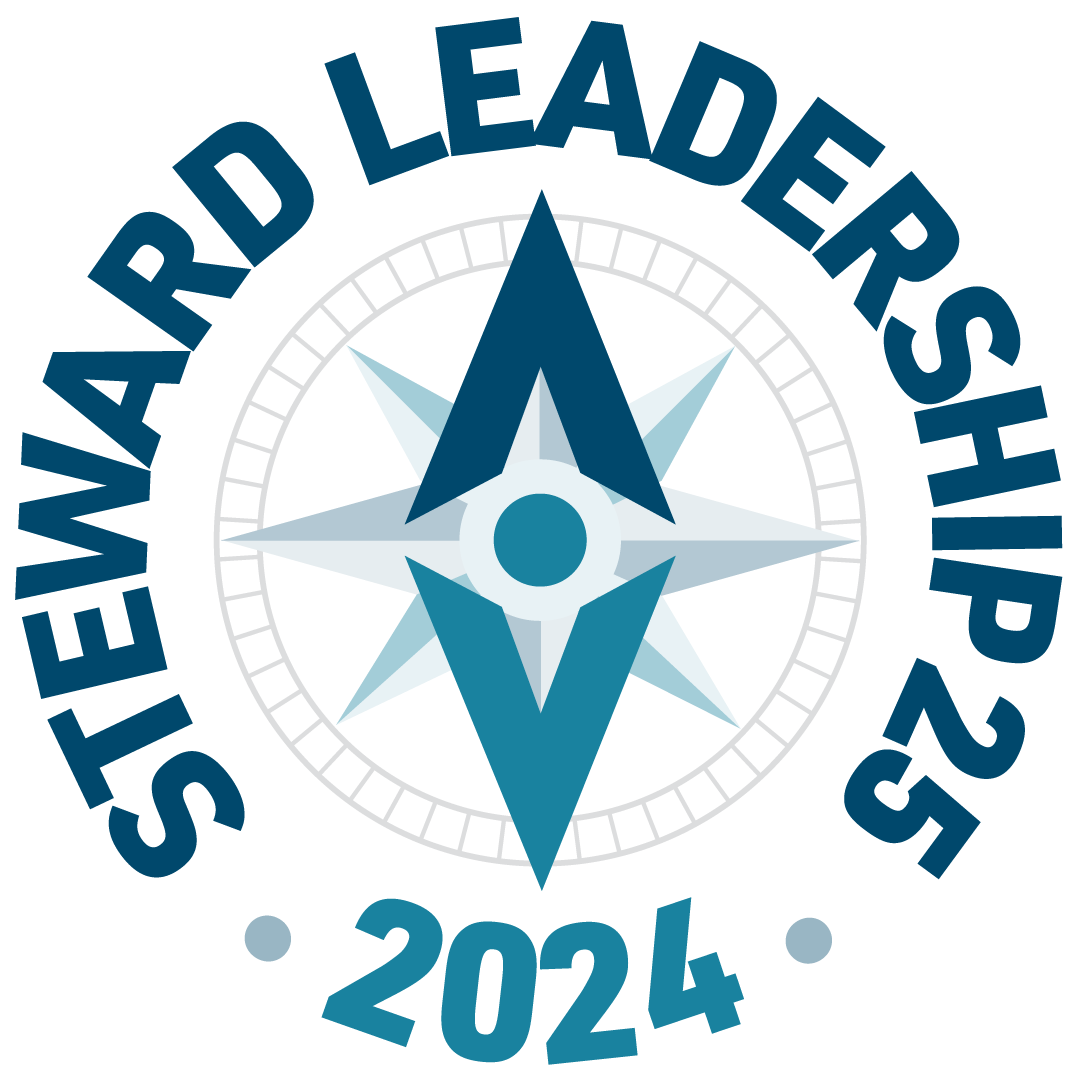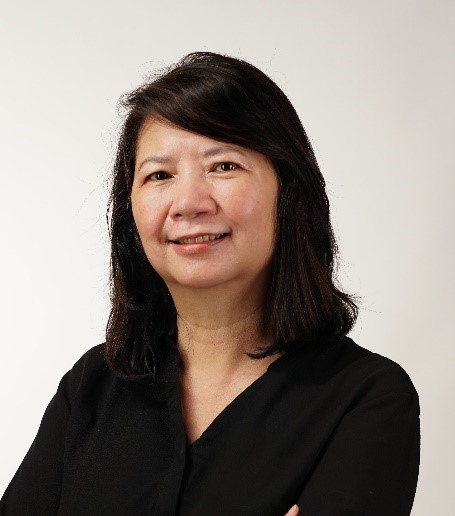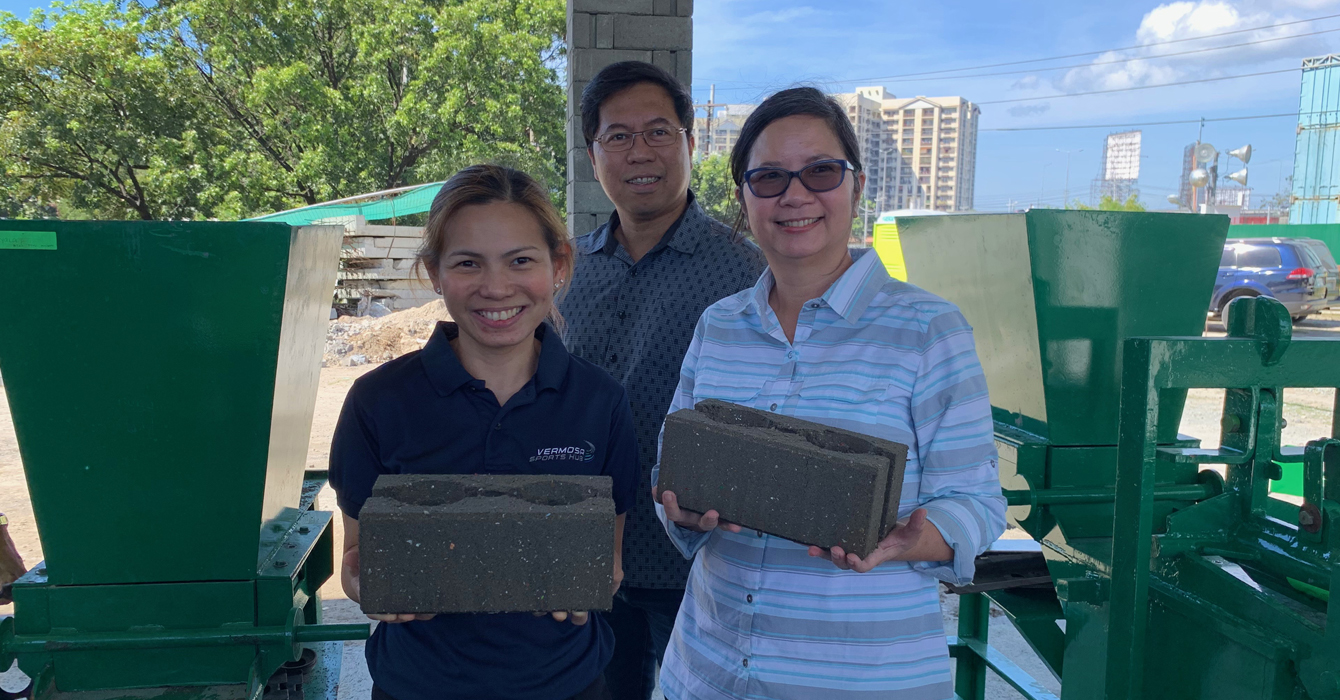Confronting Metro Manila's impending landfill crisis, the project aims to cut landfill waste to 10% for Luzon properties and 30% for those in Visayas and Mindanao by 2030.
Environmental challenge
In Metro Manila, a ticking environmental time bomb is threatening the city’s future. Projections reveal that municipal landfills could be overflowing within the next 20 years, creating a plastic-choked wasteland. The urgent need for innovative solutions is starkly evident as plastic waste continues to clog waterways and disrupt ecosystems, calling for immediate action to address this growing crisis.
Purpose and strategy
In response, Ayala Land, Inc. (ALI) launched the Plastic to Pavers Project in 2019.
This initiative turns clean, dry plastics from ALI properties into sustainable construction materials, such as pavers, bricks, and pavement materials. Implemented across key estates in Greater Manila and Palawan, the project aligns with ALI's commitment to the UN Sustainable Development Goals, focusing on responsible consumption and production. Beyond reducing waste, the project also addresses the need for environmentally-friendly construction materials in the supply chain. This contributes to lowering the embedded carbon of ALI’s projects while maintaining costs comparable to or lower than conventional materials.
By integrating these eco-friendly materials into their construction projects, ALI demonstrates strong environmental stewardship and a proactive ownership mentality.

Impact and innovation
The Plastic to Pavers Project is redefining how we think about waste.
Rather than letting plastic accumulate, ALI has harnessed it to create eco-friendly construction products, addressing both waste reduction and the demand for sustainable materials. This creative and resilient approach not only reduces the carbon footprint of ALI’s projects but also provides a cost-effective alternative to traditional materials. The project has streamlined waste segregation and enhanced sanitation at Materials Recovery Facilities, potentially cutting down on landfill waste and hauling costs.
From 2022 to 2023, 489 tonnes of plastic have been recycled into useful products, making a significant dent in landfill waste and greenhouse gas emissions.
The eco-products have found their way into various high-profile projects, from Globe Telecom to the Makati Central Business District, proving the project's impact and scalability. The company’s partnership with GreenAntz Builders and the development of EcoHubs also underscore the power of collaboration. By working closely with partners and leveraging ALI’s construction resources, the company demonstrates how shared goals and joint efforts can drive impactful environmental change.
Future outlook
Looking ahead, Ayala Land is setting its sights on ambitious recycling goals. The company plans to recycle 150 tonnes of plastic annually and incorporate more recycled materials into construction projects. By 2030, we aim to reduce landfill waste to just 10% for properties in Luzon and 30% for those in Visayas and Mindanao. The company is also expanding its network of waste management partners and exploring new recyclable materials. This project is not just a temporary fix but a long-term commitment to reshaping waste management and building a sustainable future.

Ayala Land Inc. is the largest property developer in the Philippines, with more than 11,000 hectares of land bank and a solid track record in developing large-scale, integrated mixed-use, and sustainable estates. With a footprint spanning 52 estates nationwide, Ayala Land has a diverse real estate portfolio composed of residential, office, commercial, and industrial properties for sale, as well as properties for lease, such as shopping centres, offices, hotels, resorts, warehouses, co-living, and co-working spaces. Additionally, Ayala Land is engaged in construction, property management, and other property-related investments.
Learn more about Ayala Land Inc. through their website. To collaborate or connect, reach out directly to our SL25 team.
Connect














